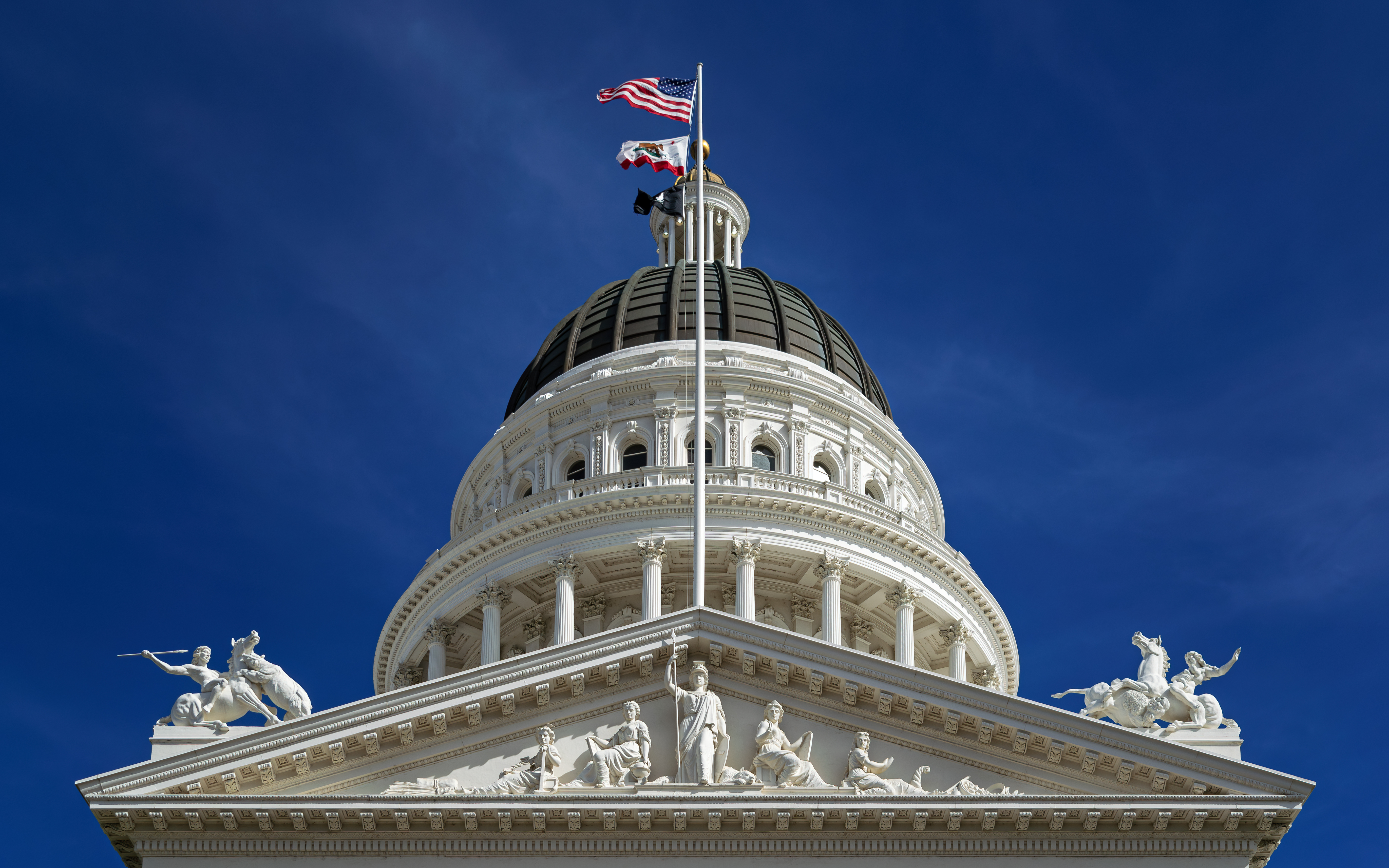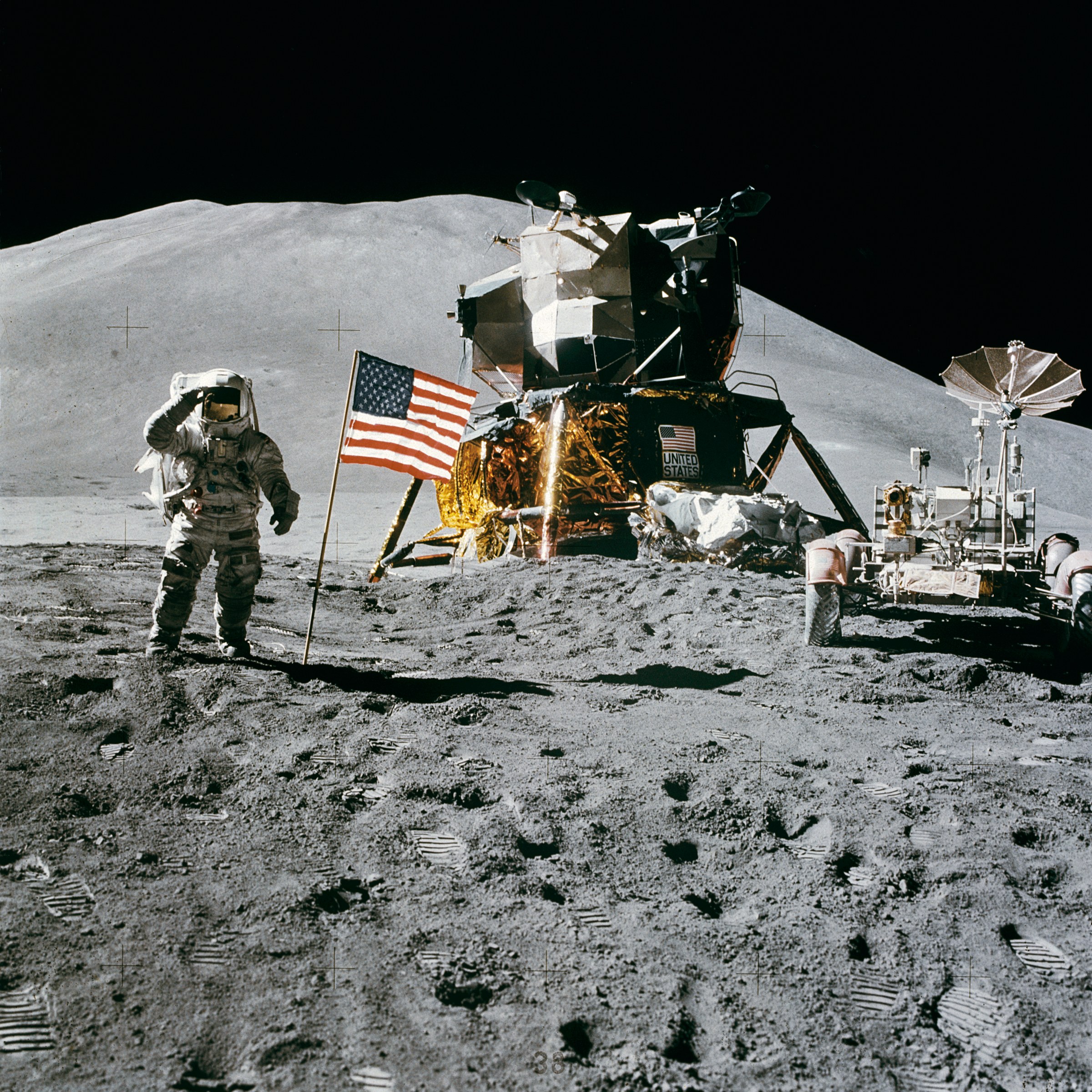In a moment that should surprise absolutely no one who’s been paying attention, Dutch Foreign Minister Caspar Veldkamp has publicly acknowledged what America First patriots have known all along: President Trump was completely right about Europe’s dangerous dependency on Russian energy, and American natural gas production has been the key to both lowering emissions and strengthening Western security.
Speaking with remarkable candor, Veldkamp admitted that Europe “can’t keep funding the war against Ukraine” while simultaneously “buying Russian fossil fuels.” This stunning acknowledgment from a key NATO ally validates years of Trump’s warnings that were dismissed by the foreign policy establishment as “undiplomatic” or “divisive.”
The Dutch Foreign Minister went further, confirming that increased American natural gas usage has actually helped the United States lower emissions—a fact that demolishes the left’s narrative that domestic energy production somehow conflicts with environmental stewardship. While European leaders lectured Americans about climate policy, we were quietly achieving better results through innovation and market-driven solutions rather than bureaucratic mandates.
This vindication extends far beyond energy policy. It represents a fundamental validation of the America First principle that our nation’s strength and independence serve as the foundation for global stability. When Trump argued that energy independence would give America the moral authority and strategic leverage to confront adversaries, critics scoffed. Today, Veldkamp acknowledges that “U.S. pressure is indispensable in bringing Russia to the negotiating table”—pressure that’s only possible because we’re not hypocritically enriching Putin while condemning his actions.
The constitutional implications here are profound. The Founders understood that interstate commerce and domestic production were essential to national defense. They couldn’t have envisioned hydraulic fracturing or liquefied natural gas exports, but they absolutely understood that economic independence enables political independence. American energy abundance exemplifies how constitutional commerce powers secure both prosperity and national security simultaneously.
What makes this admission particularly striking is its source. The Netherlands has long positioned itself as a progressive leader on climate policy, often joining other European nations in criticizing American energy production. Yet here’s their Foreign Minister acknowledging that American pragmatism has delivered superior results on multiple fronts: lower emissions, stronger security, and greater strategic flexibility.
This represents more than policy vindication—it’s a recognition that Trump’s transactional diplomacy forced necessary recalibrations throughout the Western alliance. By refusing to subsidize European free-riding on both defense and energy security, America First policies created the strategic space for allies to confront their own contradictions. The result has been a stronger, more coherent Western position against authoritarian energy blackmail.
The economic implications extend well beyond geopolitics. American energy workers, from Pennsylvania to Texas to North Dakota, have built the foundation for this strategic advantage. Their labor has created the abundance that allows us to simultaneously strengthen our economy, improve our environment, and support our allies without compromising our principles or enriching our enemies.
For constitutional conservatives, this moment illustrates why America First isn’t isolationism—it’s leadership through strength. When we prioritize our own energy security and economic vitality, we create the conditions for principled international engagement. We can support Ukraine’s resistance to Russian aggression precisely because we’re not dependent on Russian energy ourselves.
Patriots should watch carefully to see whether other European leaders follow this Dutch example in publicly acknowledging Trump’s strategic foresight. This validation creates momentum for expanding American LNG exports and further cementing our role as what we might call the “arsenal of energy democracy” worldwide.
The lesson here transcends any single policy debate. It demonstrates that when America puts its own interests first—developing our resources, strengthening our economy, and maintaining our independence—we create the foundation for global stability and prosperity. Sometimes the most patriotic thing we can do for the world is to be unapologetically successful Americans.





